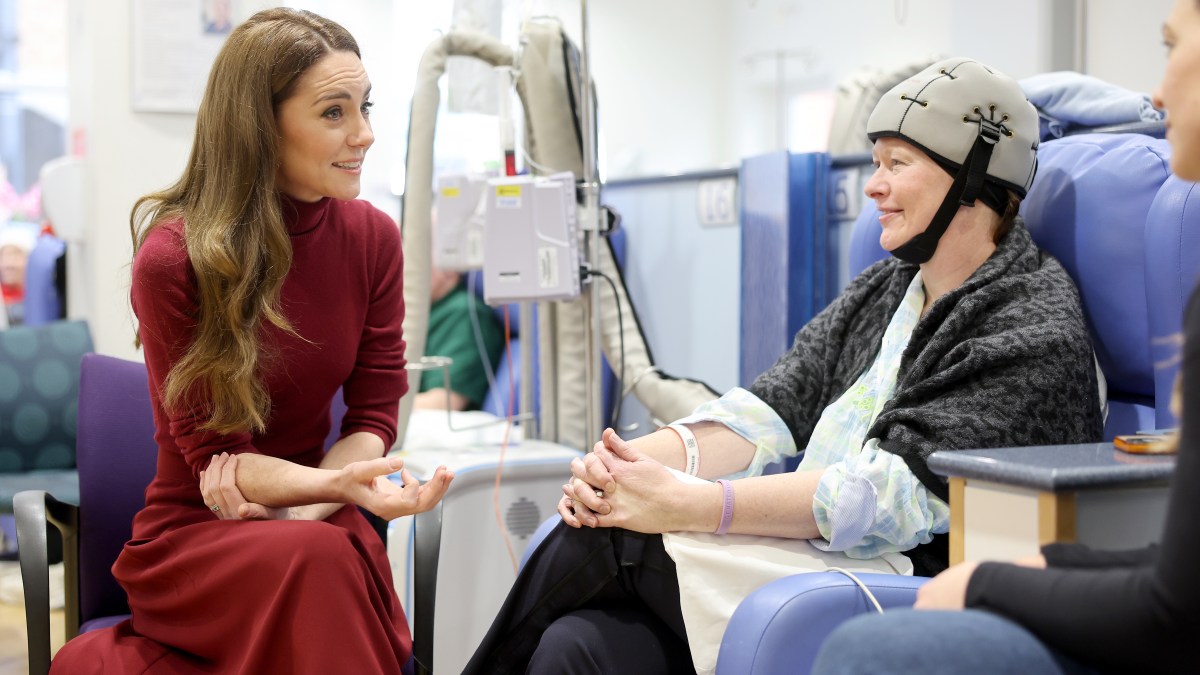Celebrities who publicly announce their cancer diagnoses are inadvertently contributing to lengthy NHS delays and waiting lists, a coroner has told NHS bosses.
Samantha Goward, the senior coroner for Norfolk, said that public figures with platforms were “rightly encouraging” people to “come forward with any symptoms of concern”.
But she noted that the public spotlight granted by announcements from the likes of the Princess of Wales and the King had led to increased demand upon the NHS after a surge in cancer referrals.
The coroner made her comments at the inquest into the death of Michael Moore, who died from bladder cancer aged 83 after waiting nine months for a biopsy.
Moore should have been tested within 28 days of his referral, the inquest was told. Goward noted that there had been a “missed opportunity to commence earlier treatment”.
Sir Chris Hoy, the cyclist, Gordon Ramsay, the chef, and Ronnie Wood, the Rolling Stones guitarist, are other recent examples of high-profile individuals who have made public their cancer diagnoses.
Ramsay urged the public to wear sun cream after announcing that he had undergone treatment to remove basal cell carcinoma, a type of skin cancer.

The King was sent more than 7,000 cards after his cancer diagnosis was announced
JONATHAN BRADY/PA
At the inquest hearing, Goward said that Moore was diagnosed with bladder cancer and was receiving check-ups before his death, having previously received treatment for prostate cancer.
During a check-up in 2023 an “abnormal area” was noted and a biopsy was requested. Nine months later, while still waiting for that procedure, he was admitted to hospital as an emergency case.
A biopsy was taken that month and Moore was found to have an advanced and incurable bladder cancer.
An oncologist advised that owing to Moore’s frailty, active treatment was “not in his best interests”. He was placed under palliative care and died at home.
Goward said that there had been a delay in the biopsy being performed “due to lengthy waiting lists”.
Had Moore undergone a biopsy earlier, she said, “on the basis of the evidence heard I found that this would have identified the reoccurrence of the cancer at that time.
“On the balance of probabilities the cancer would have been at an earlier stage and there would have been more treatment options available.”
Goward conceded that it was not possible to say definitively that earlier treatment “would have been curative”, but she said it was “a possibility and there was a missed opportunity”.
In her prevention of future deaths report, addressed to NHS England, the coroner raised concerns over an influx of referrals following the rise of celebrities publicly announcing a diagnosis.
She said that in Moore’s case, there was evidence from the hospital trust that while there had been initial improvement in waiting lists after a concerted effort to reduce them, there was “a further decline, which I was told is in part due to an increase in referrals due to high-profile celebrities announcing their cancer diagnoses and rightly encouraging people to come forward with any symptoms of concern”.
The coroner added that she had been informed that a surge had been widely reported across the NHS.

